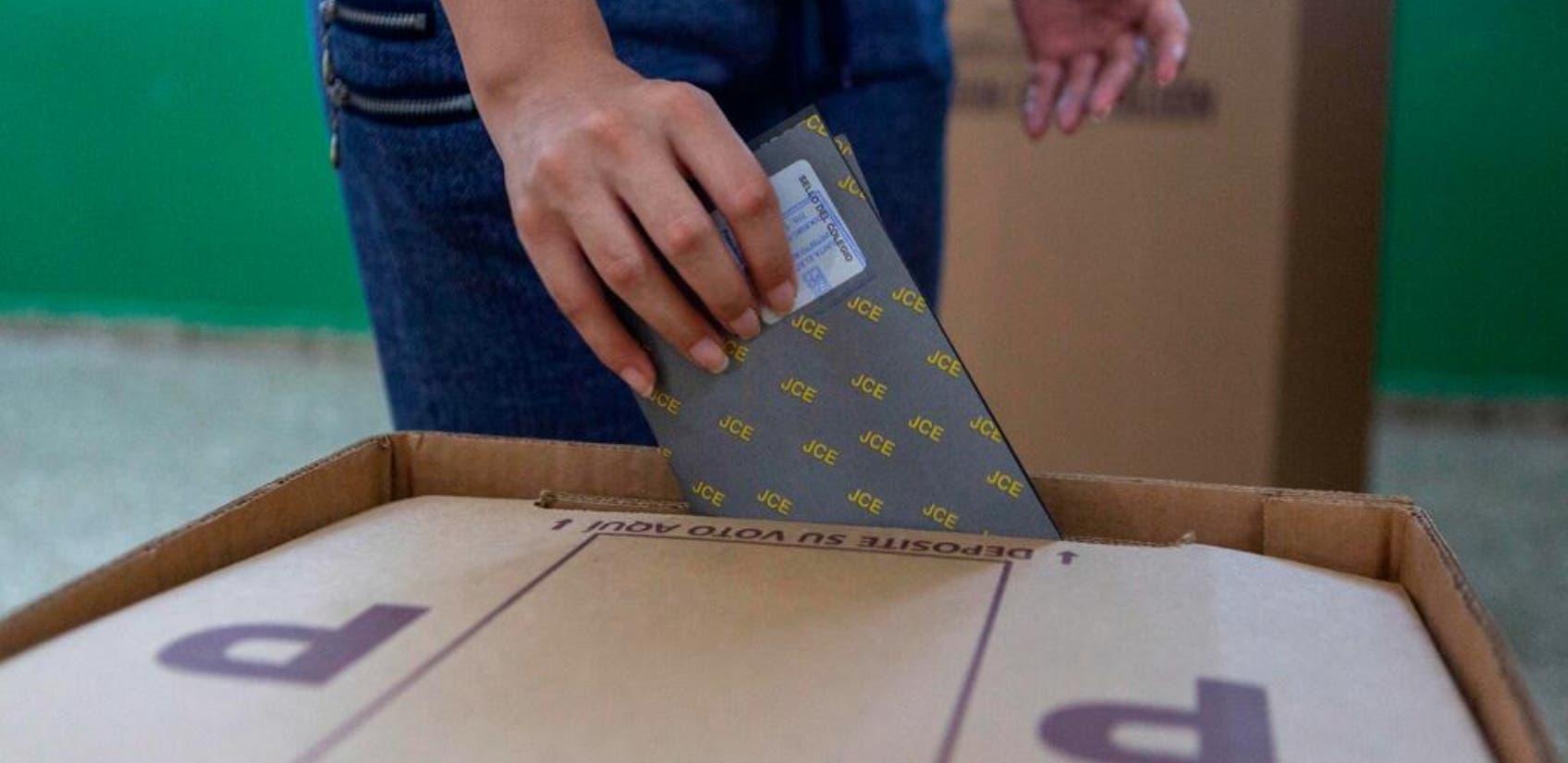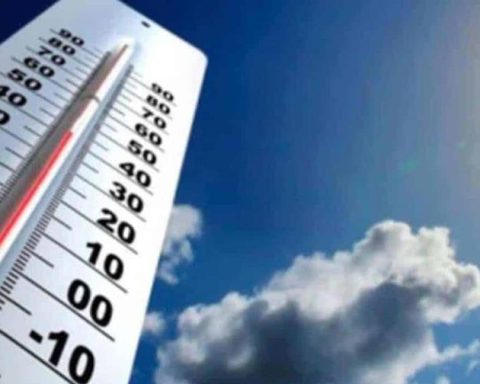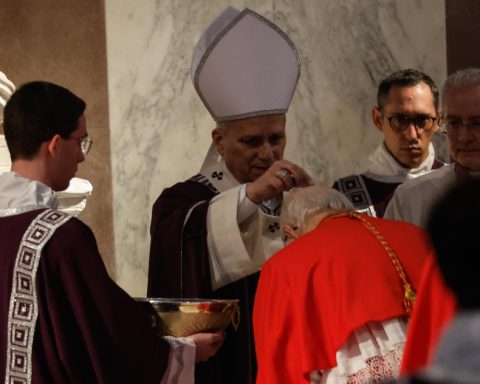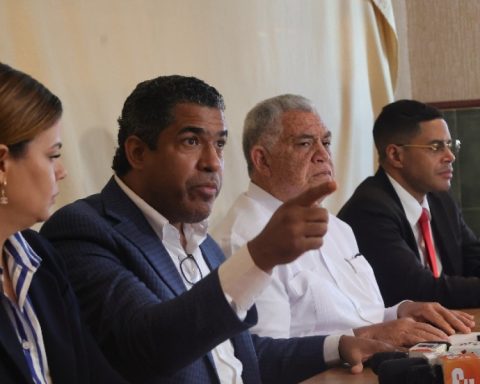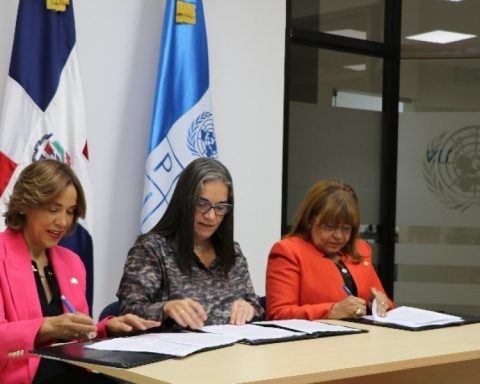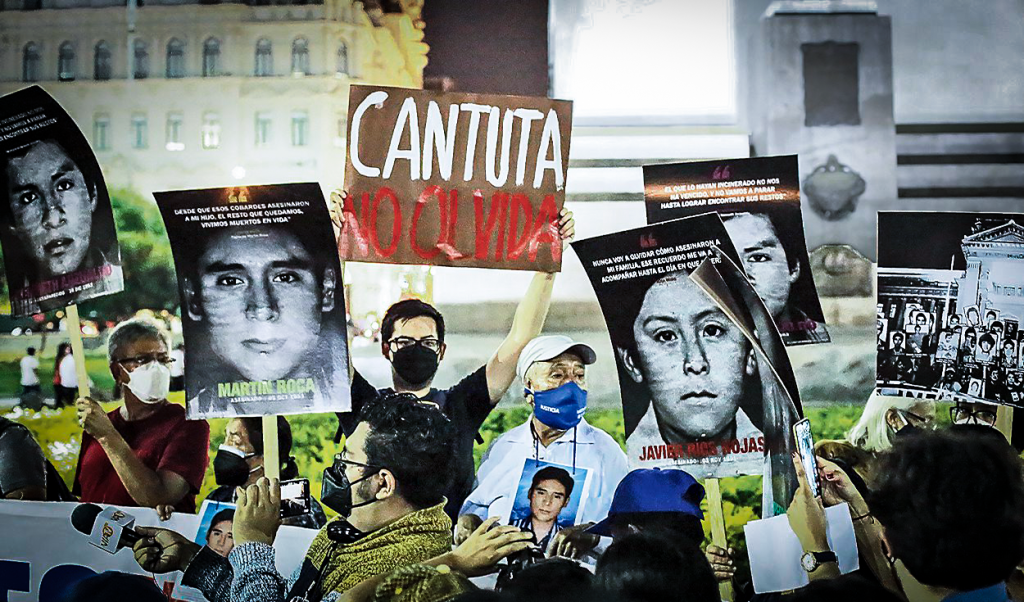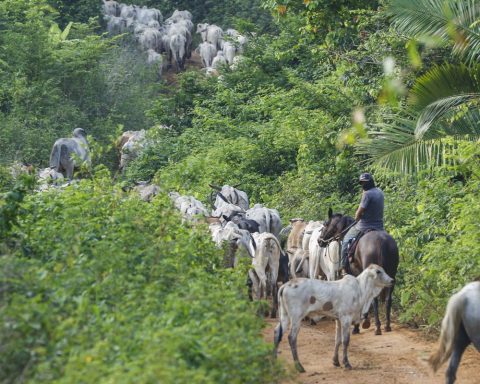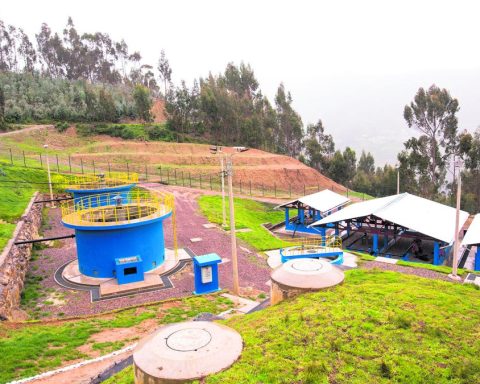SANTO DOMINGO.- Although they never said they were opposed to the unification of the elections, the plenary session of the Central Electoral Board (JCE) was at pains to demonstrate how complicated a setup of such magnitude would be.
In a meeting with the bicameral commission studying the draft constitutional reform, the JCE made comparisons between the processes of 2016, 2020 and 2024, showing that the latter was much more complex, with the implementation of preferential voting, the creation of new levels of election and the growth of the electoral roll.
That is to say, for the municipal elections, the inhabitants of municipalities and municipal directorates had two ballots in their hands (mayors and councilors, directors and members as appropriate) instead of one, which had to be counted simultaneously to determine the party’s votes.
The JCE stated that the unification of the elections would imply that for the first time, the three plurinominal levels would be known in a single electoral process, which would result in seven levels of elections carried out jointly, with each voter having at least five ballots in their hands.
This will slow down the process, as each voter would take between four and seven minutes to vote and, if this time is up, only 40% of those registered in a polling station with 600 voters would vote.
All this would lead to long queues, exhaustion of all the actors in the process, the results of the electoral level would only be known in the early hours of the night, which would generate uncertainty at the remaining levels and would increase electoral contentious conflicts.
Thus, if the unification of the process were to be applied, the JCE would be forced to reduce the number of voters per polling station by 50% and/or double the number of polling stations.

The members of the JCE plenary session were heard by the Bicameral Commission that is studying the draft law to reform the Constitution.
In the last process, each polling station had 600 voters and the total sum of all was 17,389 while the number of people who worked in them was 86,945, a number that would rise to 149,985 members of polling stations.
It would be the same It is necessary to add one hour to the voting day starting at six in the morning, which implies a new modification to Law 20-23 of the electoral regime.
The JCE also proposed eliminating preferential voting for councillorships and vocalists (which are the levels with the largest number of candidates), implementing closed and blocked lists since the current model would be unsustainable.
Noting that the total number of councillorships is 1,164, with no less than five per district, and that the number of seats is 735 (no less than three and no more than five per municipal district), which would leave each political organization with 1,899 candidates.
If the number of polling stations were to increase, they would also have to acquire more equipment and strengthen the electoral software so that it has the capacity to support the scanning and transmission of more voting records.
Paliza advocates for current JCE judges to remain in their positions
As an alternative to avoid such expenses and complexities, the JCE envisions an increase in the use of technologies, preparing to use automated voting and counting, a specter that they avoided in the last electoral process, based on the experience of 2020.
Among the options are voting manually with automated counting and transmission of results; a completely automated model; or venturing into other technologies, which in turn implies electoral reform, the purchase of equipment, tenders, staff training and audits.
Another of the complexities is that residents from abroad will not be able to vote in the municipal elections, and the JCE cites that in the last process 35,350 people who visited the country for such purposes voted.
This argument is not entirely convincing, because although it is true that these votes would be sacrificed, local participation would increase (as a result of the presidential pull).
In conclusion, the JCE emphasizes that regardless of the final result of the constitutional reform, it will be responsible for organizing the process.
During the work of the Bicameral Commission on Thursday, Catrain said that starting on Monday, the members of the commission will enter into a process of internal discussions and then draft the report.
